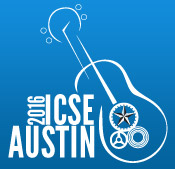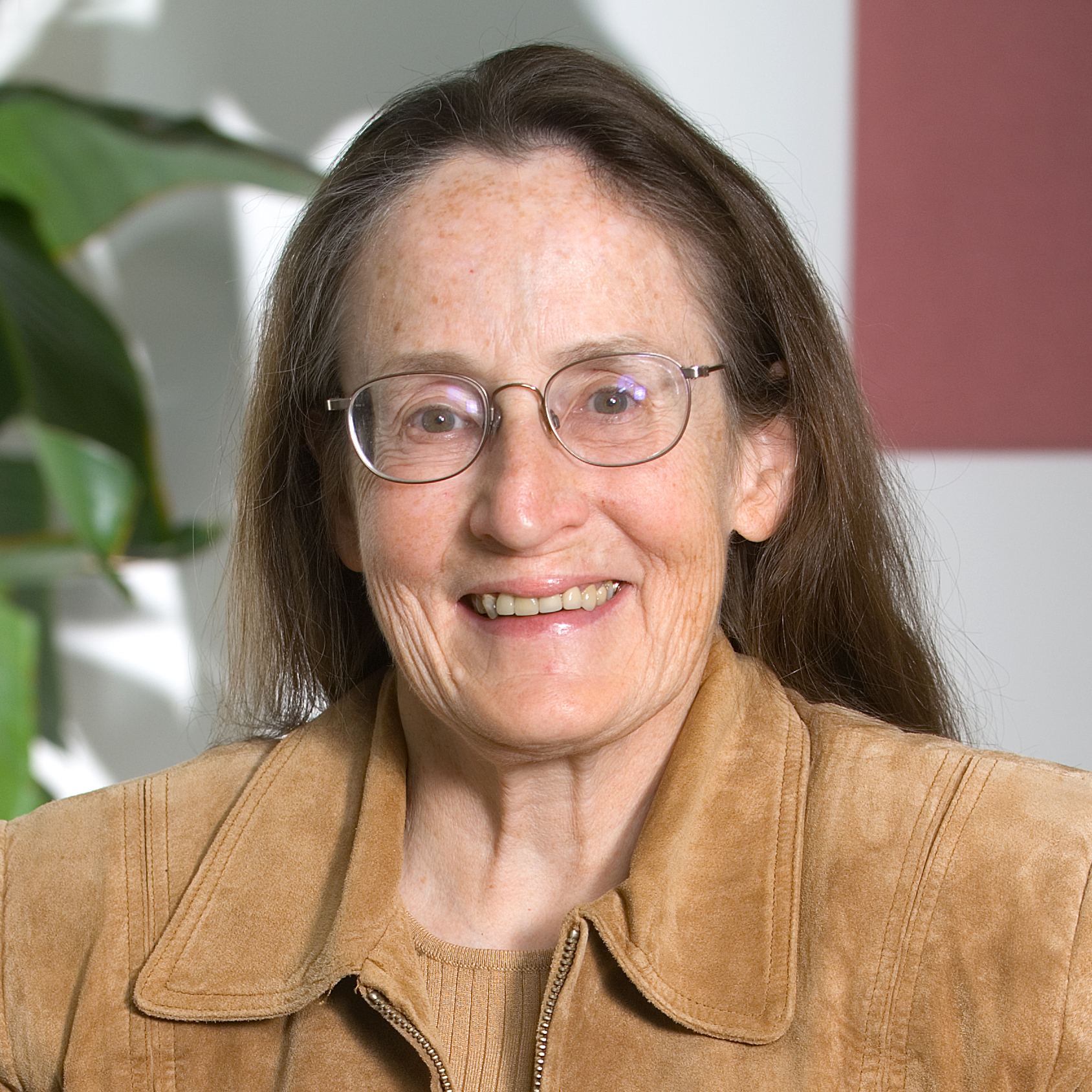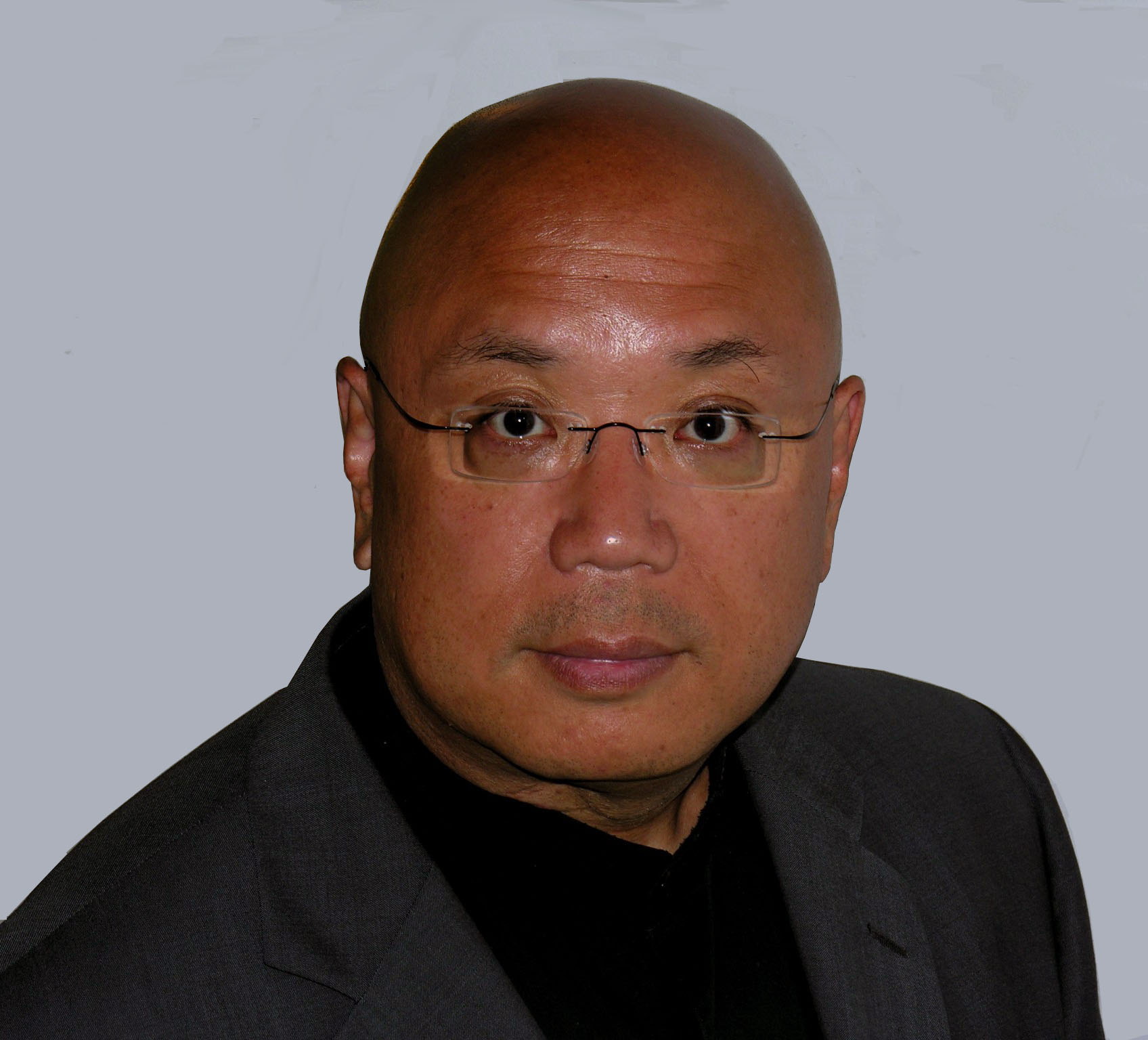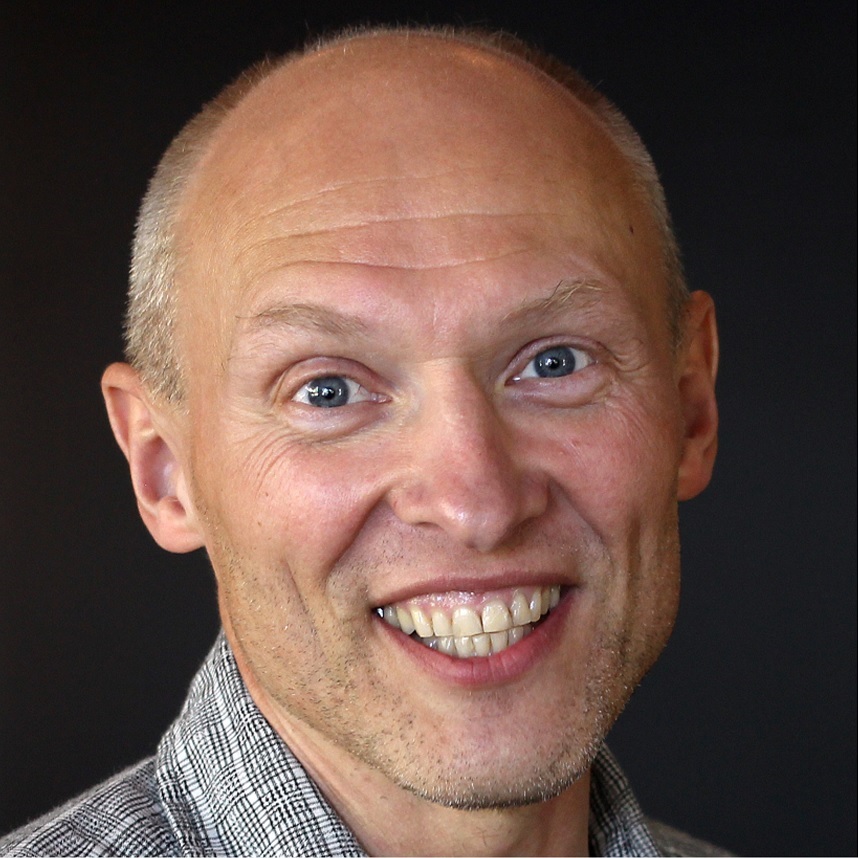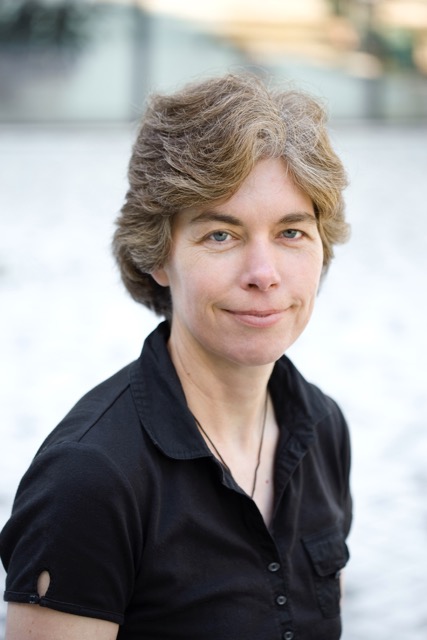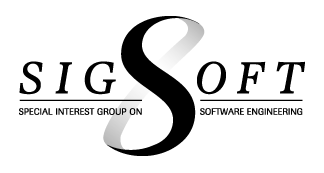|
Carnegie Mellon University |
|
(Click here to download slides) |
|
Is “software engineering” really engineering? The term was coined in 1968 to call attention to problems with software production. Both theory and practice for software have evolved since then, but do we yet have a true engineering discipline? Classical engineering disciplines have emerged from craft practice and commercialization through the infusion of codified knowledge and science. Using this emergence pattern as a point of reference, I will sketch the evolution of software engineering, drawing on civil engineering and software architecture for examples that show the progressive codification of informal knowledge toward rigorous models and tools. This will provide the basis for assessing the maturity of the field and identifying our next challenges. |
|
|
|
Mary Shaw is the Alan J. Perlis University Professor of Computer Science in the Institute for Software Research at Carnegie Mellon University. Her research interests lie in the area of software engineering, particularly software architecture and design of systems used by real people. She has received the United States’ National Medal of Technology and Innovation, the ACM SIGSOFT Outstanding Research Award (with David Garlan), the IEEE Computer Society TCSE's Distinguished Educator Award, and CSEE&T's Nancy Mead Award for Excellence in Software Engineering Education. She is a fellow of the ACM, the IEEE, and the AAAS. |
|
|
|
(Click here to download slides) |
|
The innovation and start-up investment community want to fund SMART research and education leading to sustainable global impact however the impending digital quake triggered by discoveries in multiple domains will disrupt 80% of the world as we know it. Moreover, all domains (science, education, research, entrepreneurship/startups, funding/investments, government, industry, business, media, civil society (non-profits), ...) are connected through their underlying dependence upon computing catalyzed by software engineering. Thus in the exponential investor mindset, what are these global trends/disruptions and daily discoveries that will change all of our lives in every way possible? What are the implications in your work? How is the industry and start-up landscape radically changing and why should you care in your research or education focus? What are the triggers to get investment? Why does having an eclectic understanding of innovation in multiple-domains matter? |
|
|
|
With a history of over 100 senior executive leadership roles, significant global contributions, awards and recognitions, Stephen Ibaraki is an IDG IT World (Canada) writer/blogger, multiple award winning serial entrepreneur and executive board chairman. A few of his roles include: Stephen is founding chairman of the Global Industry Council (GIC), part of the United Nations(UNESCO) founded International Federation for Information Processing (IFIP) IP3, board vice-chairman of the IFIP International Professional Practice Partnership (IFIP IP3), vice-chairman of the international steering committee and/or advisory board IFIP CIE/CCIO World CIO Forum (2012 and 2014). In addition Stephen advises start-ups, global fortune companies, and governments on strategy and technology; and has received numerous awards and accolades from high-tech organizations and companies. Added details can be found in Stephen’s Canadian Information Processing Society founding fellow profile, as a judge for the Appreneur Scholar Awards held at the international CES each year, and as a podcaster with over 500 notable interviews (Computing Educators Oral History Project) and over 100 with the ACM Learning Center. |
|
|
|
(Check here next month for information to access the webinar for this talk.) |
|
This award prompts me to reflect on how my team at Microsoft Research was able to bring research in formal methods and empirical software engineering into practice. How did I select the topics for my teams and my research? How did we conduct the research and which methods did we choose? How did we show progress, and equally important when did we decide to stop? I will also discuss the importance of knowing your customers, i.e., who, how and why a customer will use your research contributions. Of equal importance is to understand the constraints of a product group that productizes your research, and how your role changes when a product team adopts your ideas. Three years ago, I changed roles and founded a product group, called Tools for Software Engineers, which builds developer tools and service at scale. I will explain what new research challenges I encountered in building software services. I will argue that a combination of both formal methods and empirical software engineering is the most promising approach to impact existing practice. |
|
|
|
Wolfram Schulte is a director of engineering in Microsoft's Developer Division, Redmond, USA, where he founded in 2012 the Tools for Software Engineers (TSE) team. TSE’s mission is to improve Microsoft’s engineering velocity, more specifically minimize the cycle time of the inner loop from code review, via build, code-analysis and test, to deployment. TSE tools and services are meanwhile used by more than thirty-five thousand developers within Microsoft. Before Wolfram ventured into product groups, Wolfram lead the Research in Software Engineering (RiSE) group, at Microsoft Research, Redmond, USA. While at RiSE Wolfram co-authored papers and build prototypes for many tools that Microsoft ships, including Linq, CodeContracts, Task Parallel Library, IntelliTest (Pex) and SpecExplorer. Wolfram also co-developed the experimental program verifiers Spec# and VCC. Wolfram was awarded the 2016 Harlan D. Mills award for “… advances in software verification”. Before joining MSR in 1999, Wolfram worked at the University of Ulm (1993-1999, habilitation),at sd&m, a German software company (1992-1993), and at the Technical University Berlin (1987-1992, PhD). |
|
|
|
(Check here next month for information to access the webinar for this talk.) |
|
Continuity in software development is all about shortening cycle times. For example, continuous integration shortens the time to integrating changes from multiple developers and continuous delivery shortens the time to get those integrated changes into the hands of users. Although it is now possible to get multiple new versions of complex software systems released per day, it still often takes years, if ever, to get software engineering research results into use by software development teams. What would software engineering research and software engineering development look like if we could shorten the cycle time from taking a research result into practice? What can we learn from how continuity in development is performed to make it possible to achieve continuous adoption of research results? Do we even want to achieve continuous adoption? In this talk, I will explore these questions, drawing from experiences I have gained in helping to take a research idea to market and from insights learned from interviewing industry leaders. |
|
|
|
Gail C. Murphy is a Professor of Computer Science and Associate Dean (Research and Graduate Studies) in the Faculty of Science at the University of British Columbia. She is also co-founder and Chief Scientist at Tasktop Technologies Inc. Her research interests are in improving the productivity of software developers and knowledge workers by giving them tools to identify, manage and coordinate the information that really matters for their work. |
